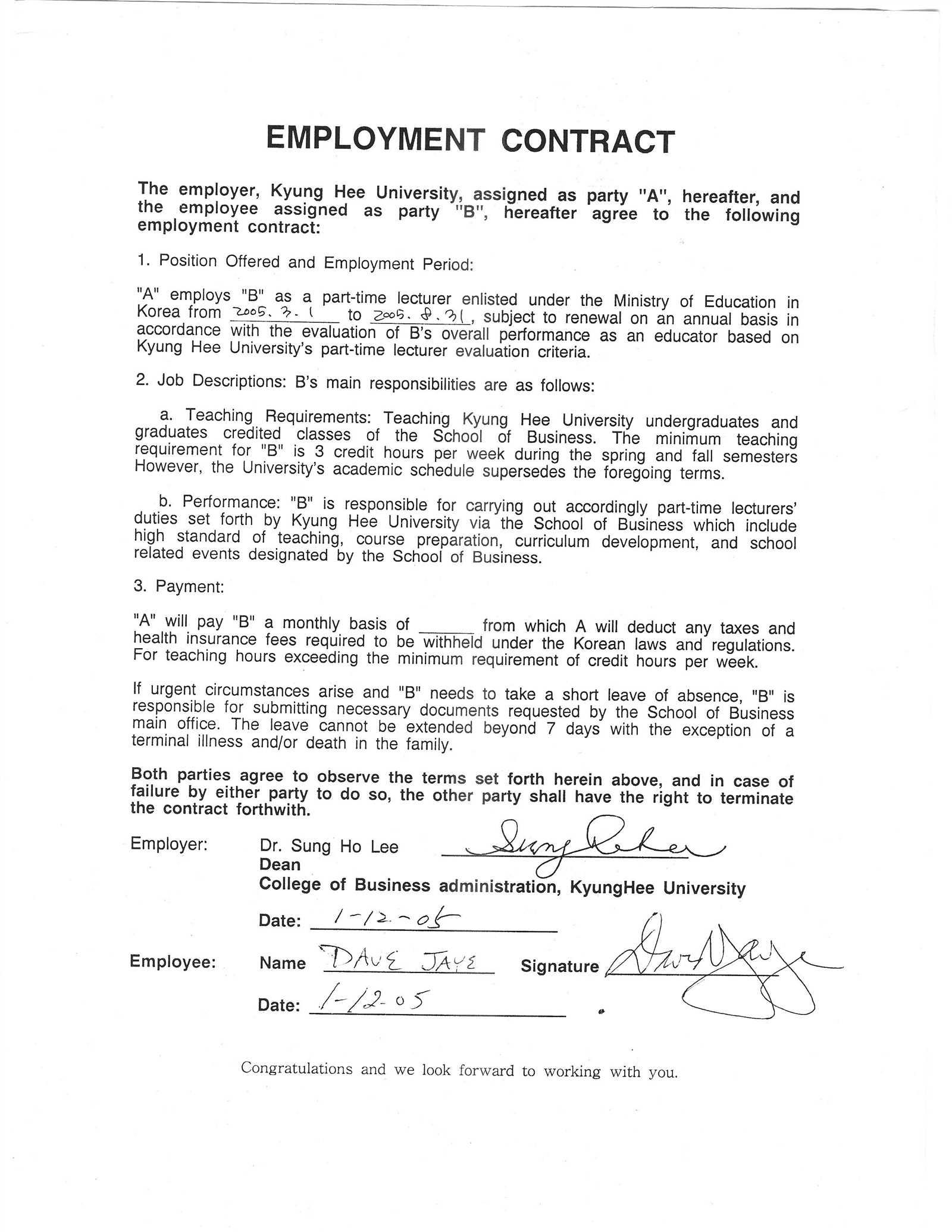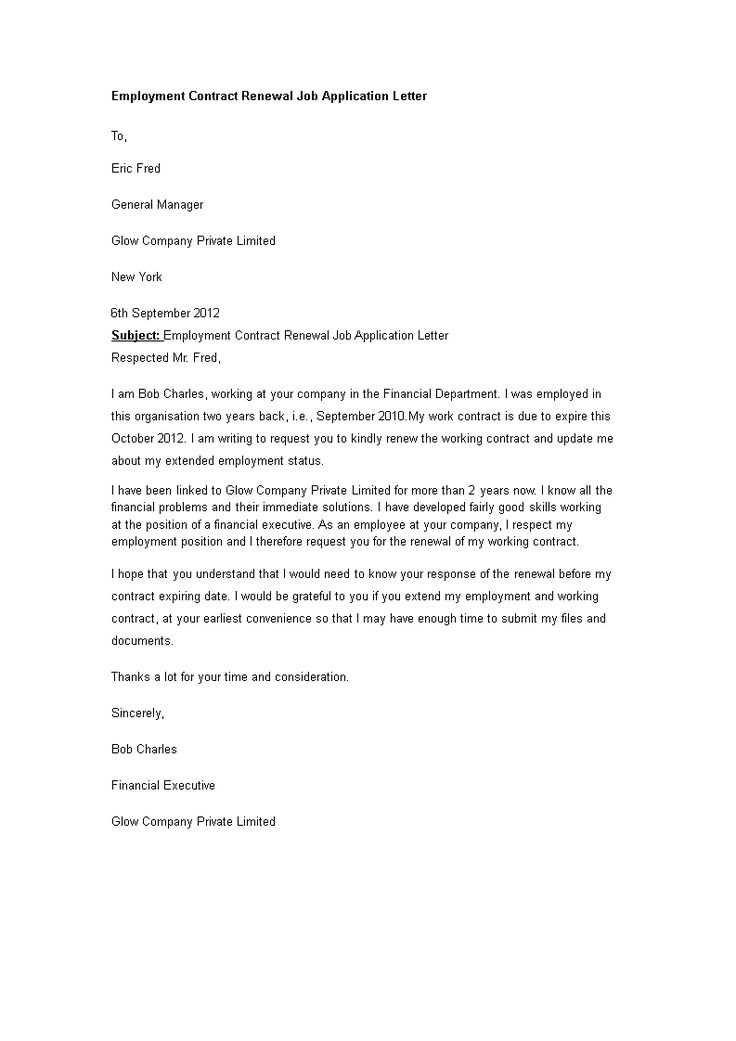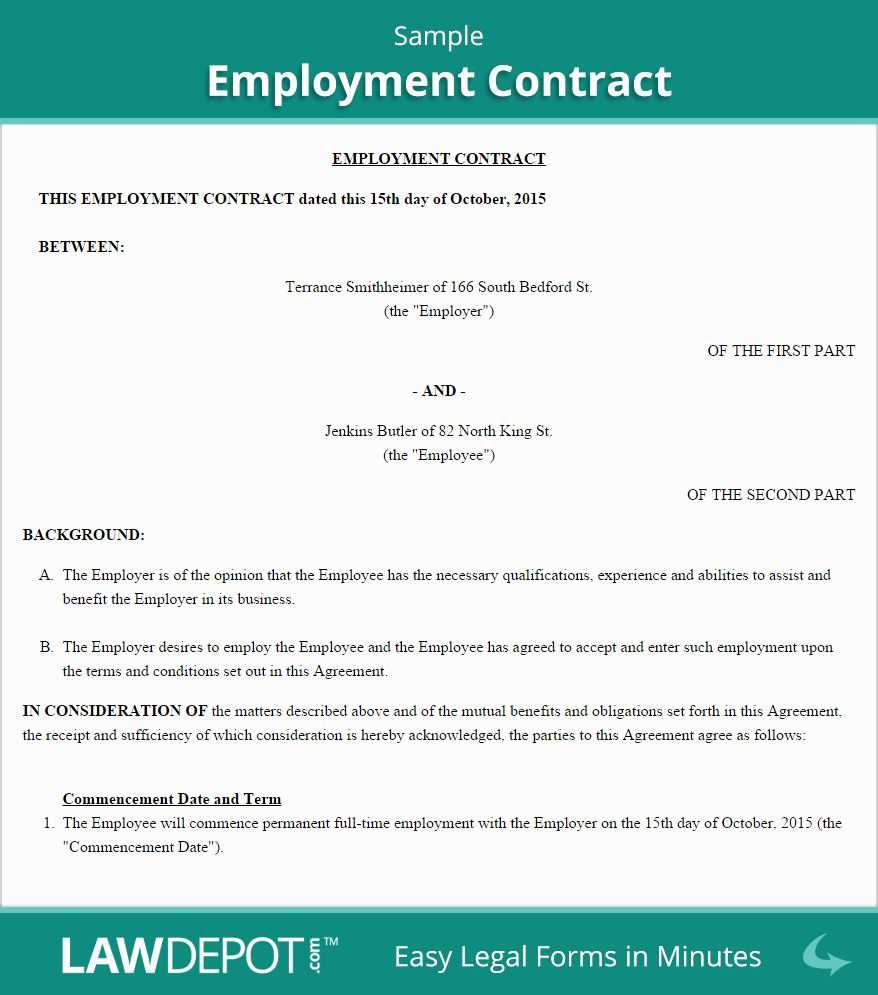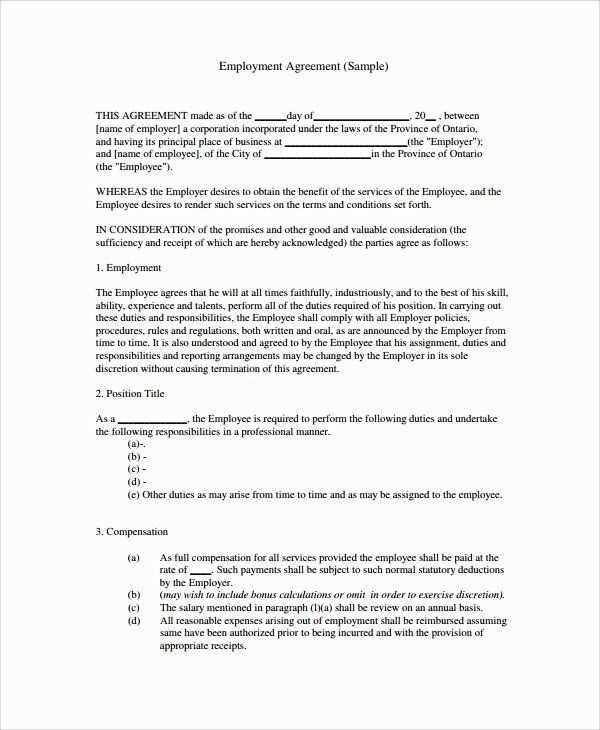Employment contract extension letter template

If you need to extend an employee’s contract, crafting a clear and concise extension letter is vital. The letter should outline the terms of the extension, address both parties involved, and confirm the new duration of the employment. Below is a template that can guide you through the process of writing this letter.
Template

Dear [Employee’s Name],
We are pleased to inform you that your current employment contract with [Company Name], which was set to expire on [Original End Date], has been extended. The new contract will be in effect from [New Start Date] to [New End Date]. All the terms and conditions of your original agreement will remain in place, with the exception of the contract duration.
Details of the Extension

- New Contract End Date: [New End Date]
- Position: [Employee’s Position]
- Job Responsibilities: [Outline or refer to job responsibilities if they differ from the original contract]
- Salary/Compensation: [State any changes, if applicable]
- Other Terms: [Specify if any terms differ from the original agreement]
Acknowledgment and Acceptance

Please sign and return this letter by [Response Deadline] to confirm your acceptance of the contract extension. Your continued dedication and hard work have been highly valued, and we are excited to continue our professional relationship with you.
If you have any questions, feel free to reach out to [Contact Name or HR Department] at [Contact Information].
We look forward to your continued contribution to [Company Name].
Sincerely,
[Your Name]
[Your Position]
[Company Name]
Employee Acknowledgment

I, [Employee’s Name], acknowledge and accept the terms outlined in this contract extension letter.
Signature: _______________________________
Date: _______________________________
Employment Contract Extension Letter Template
Understanding the Purpose of a Contract Extension
Key Elements to Include in the Letter
How to Phrase the Request Politely
Addressing Duration and Terms of the Extension
Closing the Letter: Ensuring Proper Conclusion
Follow-Up Actions After Sending the Letter
When requesting an extension of an employment contract, it’s important to make the communication clear and respectful. Begin by stating the reason for the extension–whether it’s to continue a specific project, maintain an ongoing role, or accommodate personal or business needs. This sets a positive tone and justifies the request without ambiguity.
In the letter, include details about the original contract, such as the end date and position held. Clearly outline the desired extension period, including start and end dates. Mention any adjustments to duties or compensation, if applicable, and reaffirm the mutual benefit of the extension. This transparency helps avoid confusion and ensures both parties are aligned.
Keep the tone professional but courteous when making the request. You can phrase it as a collaborative inquiry, for example: “I would like to propose an extension of my contract for an additional [X months] to continue contributing to [specific project/role].” This wording keeps the request polite and offers room for negotiation.
In terms of duration, specify the length of the extension in clear terms, as well as any conditions or changes to the contract. If you are requesting an indefinite extension, be sure to clarify the potential review process at a future date. Define the scope of work expected during the extended period, ensuring the terms are both realistic and achievable.
Close the letter by thanking the recipient for their consideration and indicating your eagerness to discuss the details further. Offer your availability for a meeting or phone call to finalize arrangements. A simple closing, such as “I look forward to your response,” leaves a professional and optimistic impression.
After sending the letter, monitor for a response. If you haven’t heard back in a reasonable time frame, consider following up with a polite reminder. Ensure that any additional paperwork or formalities required to finalize the extension are promptly completed to avoid delays.